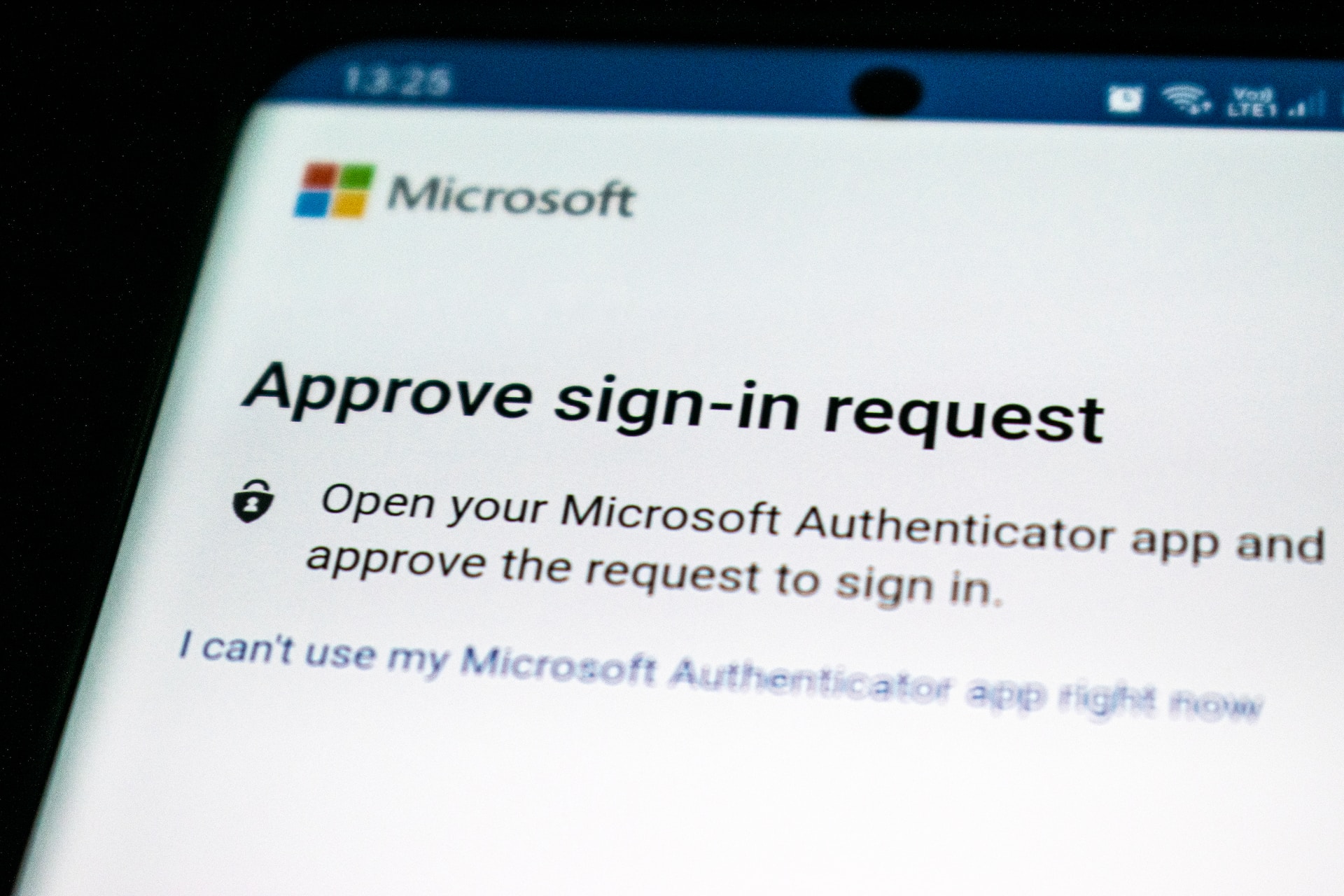
Cyber security threats are becoming increasingly sophisticated and frequent, making it imperative for businesses to prioritise their security measures.
Microsoft Azure is a cloud computing service that provides businesses with advanced security features to help protect against cyber threats.
In this article, we’ll explore three key ways in which Microsoft Azure can help businesses become more secure: Defender for Identity, Multi-Factor Authentication, and Data Encryption and Compliance.
By implementing these features, you can enhance your business’ cyber security and protect against potential threats.
1. Microsoft Defender for Identity
Cyber security is a major concern for businesses today, and protecting against advanced cyber threats is essential to safeguard sensitive data and intellectual property. Microsoft Azure offers a range of security features to help your organisation become more secure, including Microsoft Defender for Identity (formerly known as Advanced Threat Protection or ATP). Defender for Identity is designed to help detect and respond to advanced cyber attacks in real time.
It’s a cloud-based solution that uses advanced machine learning algorithms to detect and respond to cyber threats. It is designed to protect against a range of cyber attacks, including phishing, malware, and other advanced cyber threats. With Defender for Identity, you can monitor your network traffic for unusual activity, and receive alerts when suspicious activity is detected.
One of the key benefits of Defender for Identity is its ability to provide real-time threat detection and response. It can quickly identify potential threats and take action to prevent them from causing harm. For example, if a phishing email is detected, Defender for Identity can block the email from reaching its intended recipient, preventing the attacker from accessing sensitive information.
Another benefit of Defender for Identity is its ability to provide detailed reporting and analysis of security incidents. You can use this information to identify patterns and trends in cyber attacks, and to develop strategies to prevent similar attacks from occurring in the future. Additionally, it can be integrated with other Azure security features to provide a comprehensive security solution, no matter the size of your business.
2. Multi-Factor Authentication
Strong authentication methods have become increasingly essential to ensure that sensitive data and systems are protected from unauthorised access. Multi-Factor Authentication (MFA) is a critical security measure that can help enhance security by requiring users to provide more than one form of authentication to access a system or application.
Microsoft Azure offers MFA as part of its security offerings to help businesses secure their user accounts. Azure AD Multi-Factor Authentication works by requiring two or more of the following authentication methods:
- Something you know, typically a password.
- Something you have, such as a trusted device that's not easily duplicated, like a phone or hardware key.
- Something you are - biometrics like a fingerprint or face scan.
This helps prevent unauthorised access, even if an attacker gains access to a user's password.
MFA can be easily set up and managed within Microsoft Azure. It can be enabled for various Azure services and applications, such as Azure Active Directory, and can be configured to require different authentication methods depending on the level of access needed. For example, users may be required to provide a second form of authentication when accessing sensitive data or systems.
By using MFA, you can prevent unauthorised access to sensitive data and systems, reducing the risk of data breaches and cyber attacks. MFA also provides an additional layer of security to help protect against credential stuffing attacks, where an attacker uses stolen credentials to gain access to a system or application.
In addition to enhancing security, MFA can also help you to comply with regulatory requirements that mandate the use of strong authentication methods. For example, the Payment Card Industry Data Security Standard (PCI DSS) requires the use of MFA to secure remote access to cardholder data.
3. Data Encryption and Compliance
Data encryption is a crucial aspect of data security, as it helps protect sensitive information from unauthorised access. Microsoft Azure offers robust data encryption capabilities to help keep your data safe, both in transit and when it’s stored. With Azure, you can encrypt your stored data using Microsoft-managed keys, which provides you with greater control over the encryption.
Azure also offers encryption for data in transit, which means data being transmitted between Azure and other services or devices can be encrypted to protect against interception and unauthorised access. This is especially important if your organisation needs to comply with regulatory requirements and industry standards, such as GDPR.
In addition to data encryption, Microsoft Azure offers compliance certifications to help businesses meet industry and regulatory standards. Azure has a broad range of compliance certifications, including ISO 27001, SOC 1 and 2, and more, which can help you to meet relevant requirements.
Azure also offers Compliance Manager, which is a tool that helps you assess your compliance posture and identify areas for improvement. Compliance Manager provides a centralised dashboard where you can track compliance status and generate reports for audits and regulatory reviews.
How Secure is Microsoft Azure?
Overall, Microsoft Azure offers businesses a range of powerful tools and capabilities to help enhance their security posture. With advanced threat protection, multi-factor authentication, data encryption, and compliance certifications, businesses can have greater peace of mind knowing that their data is secure and compliant with industry standards.
Your business can therefore benefit from the enhanced security measures provided by Microsoft Azure. As a Microsoft Partner, The PC Support Group can provide the necessary expertise to help you set up and manage an Azure environment, including security and compliance measures.
